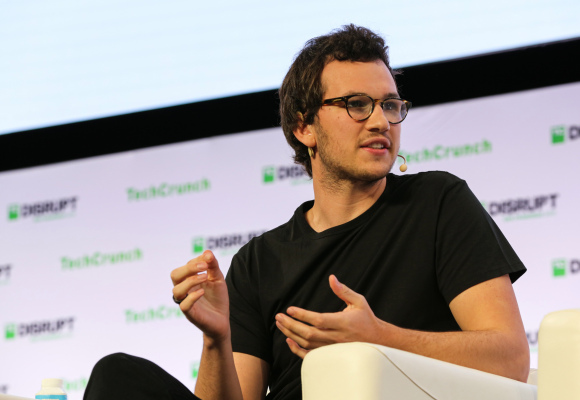Brex, a fintech company that provides corporate cards and spend-management software to businesses, announced earlier today that it closed a $425 million Series D round of capital at a valuation of around $7.4 billion. The new capital came less than a year after Brex raised $150 million at a $2.9 billion pre-money valuation.
So, how did the company manage to so rapidly boost its valuation and raise its largest round to date? TechCrunch spoke with Brex CEO Henrique Dubugras after his company’s news broke. We dug into the how and why of its new investment and riffed on what going remote-first has done for the company, as well as its ability to attract culture-aligned and more diverse talent.
More customers, more product
Undergirding the company’s financial news today was its announcement of Brex Premium, a software suite that the unicorn intends to charge for. As TechCrunch has written ad nauseam, there has been an interesting rift between corporate spend-management companies regarding whether they charge for the software that they layer around their proffered business plastic. Brex has now crossed this particular Rubicon and joined those that do, at least in some cases.
Brex Premium will run customers $49 per month, which Dubugras described in a call as less expensive than the systems it may replace. For companies looking for integrated bill pay, expense management and the like, it could be a good fit. And the service could bolster Brex’s aggregate revenue run rate with high-margin, recurring software fees that public market investors have long coveted.
On the topic of investors, let’s circle back to Brex’s round. Here’s what we need to know: How quickly has Brex grown in recent months, why did the company choose Tiger as its lead investor (from over $1 billion in demand for the round), and what’s ahead for the company itself?
In order:
Growth
Per Dubugras, from March 2020 to March 2021, Brex grew its revenues and TPV, or total payment volume, by more than 100%. As Brex reached $1 billion in TPV during its first seven months of its existence, again according to its CEO, the company’s aggregate TPV add during that 12-month period was in excess of that figure. Multiples higher, by our reckoning.
That growth explains how Brex was able to double its valuation. It grew quickly. How it did so is worth exploring.





![]The Promise Cycle Is Your Way Out of Uncertainty](https://dumbcapital.com/wp-content/uploads/2021/02/12264/the-promise-cycle-is-your-way-out-of-uncertainty.jpg)




